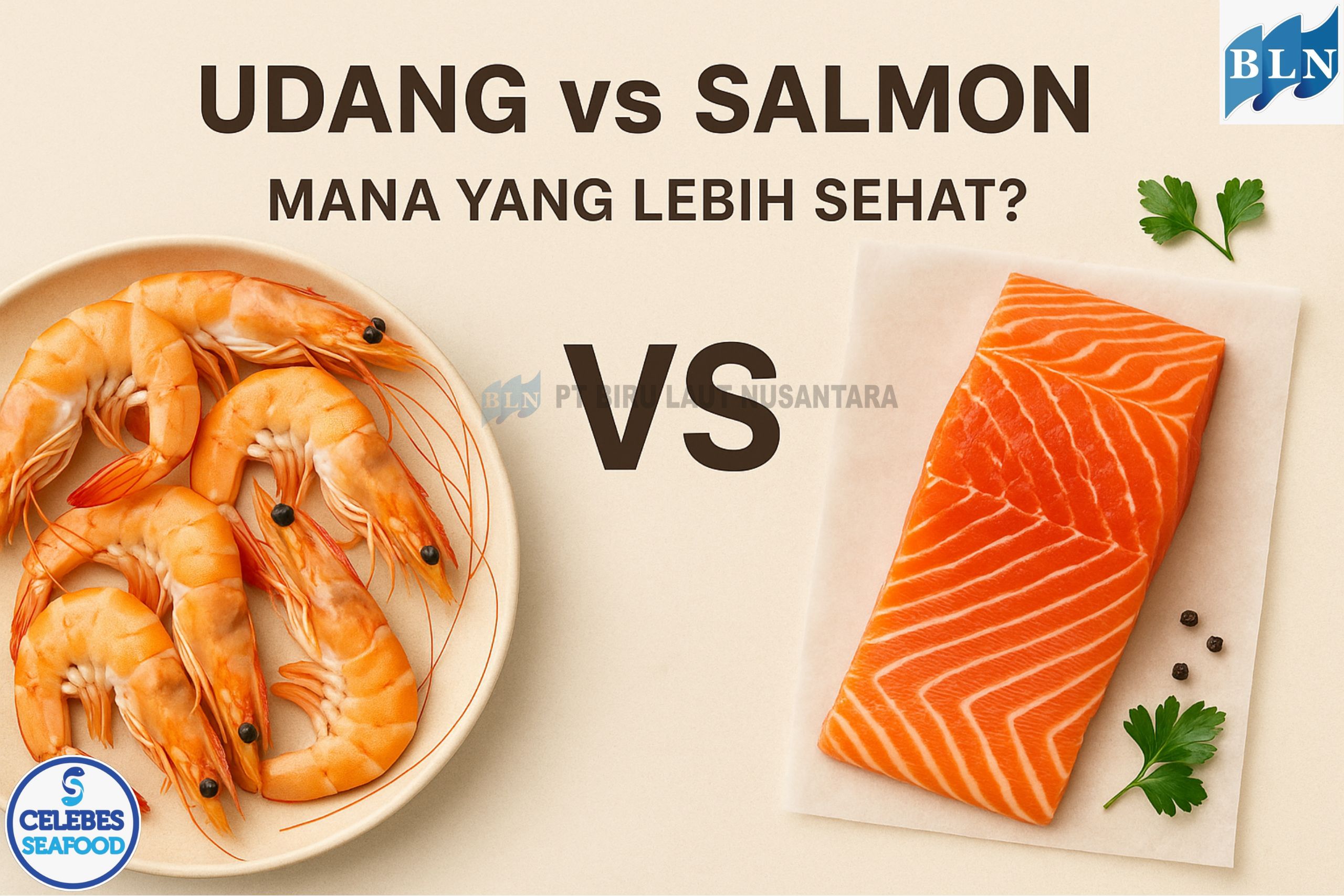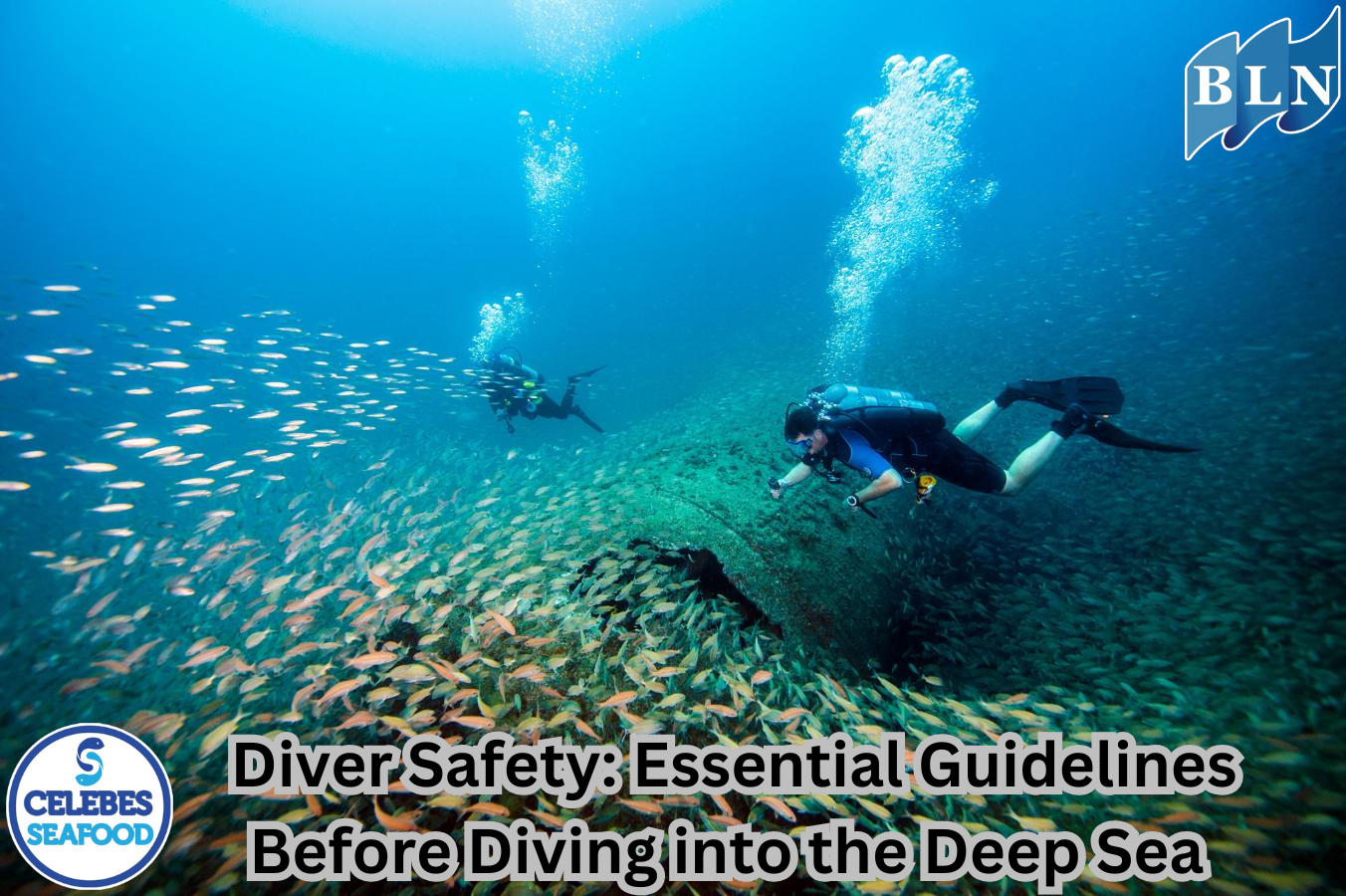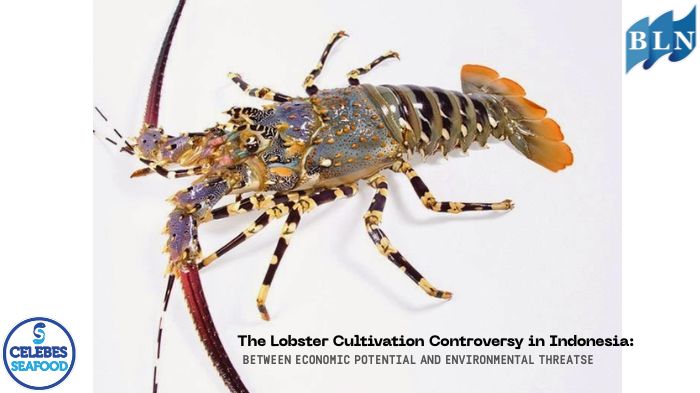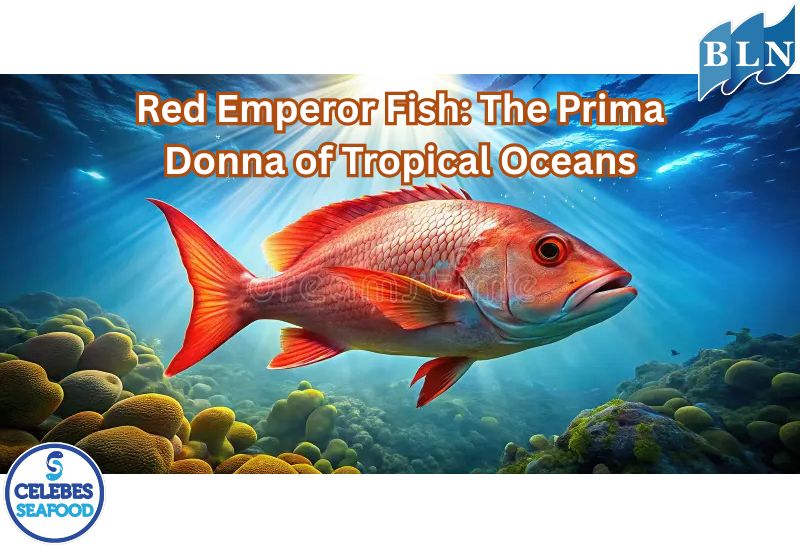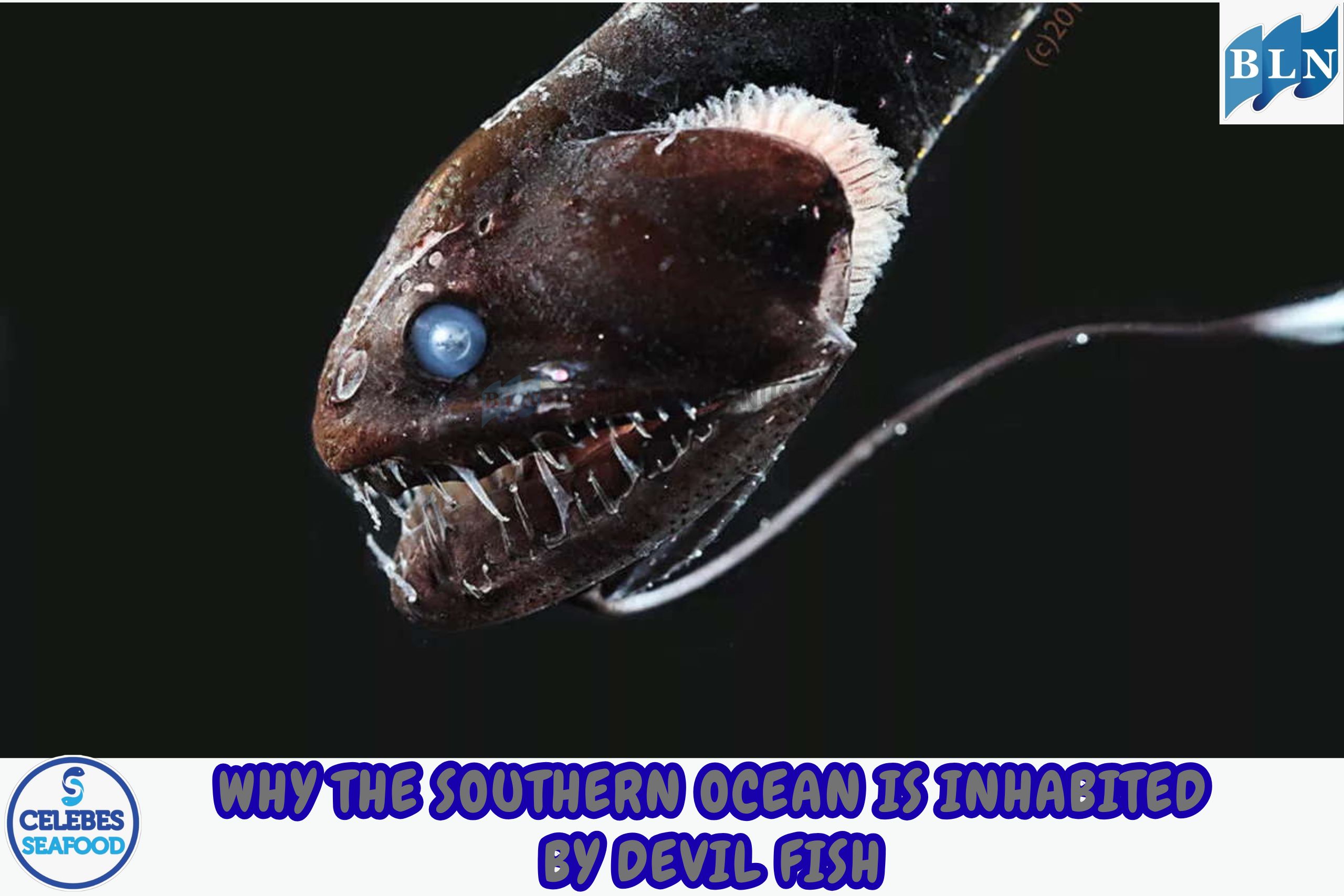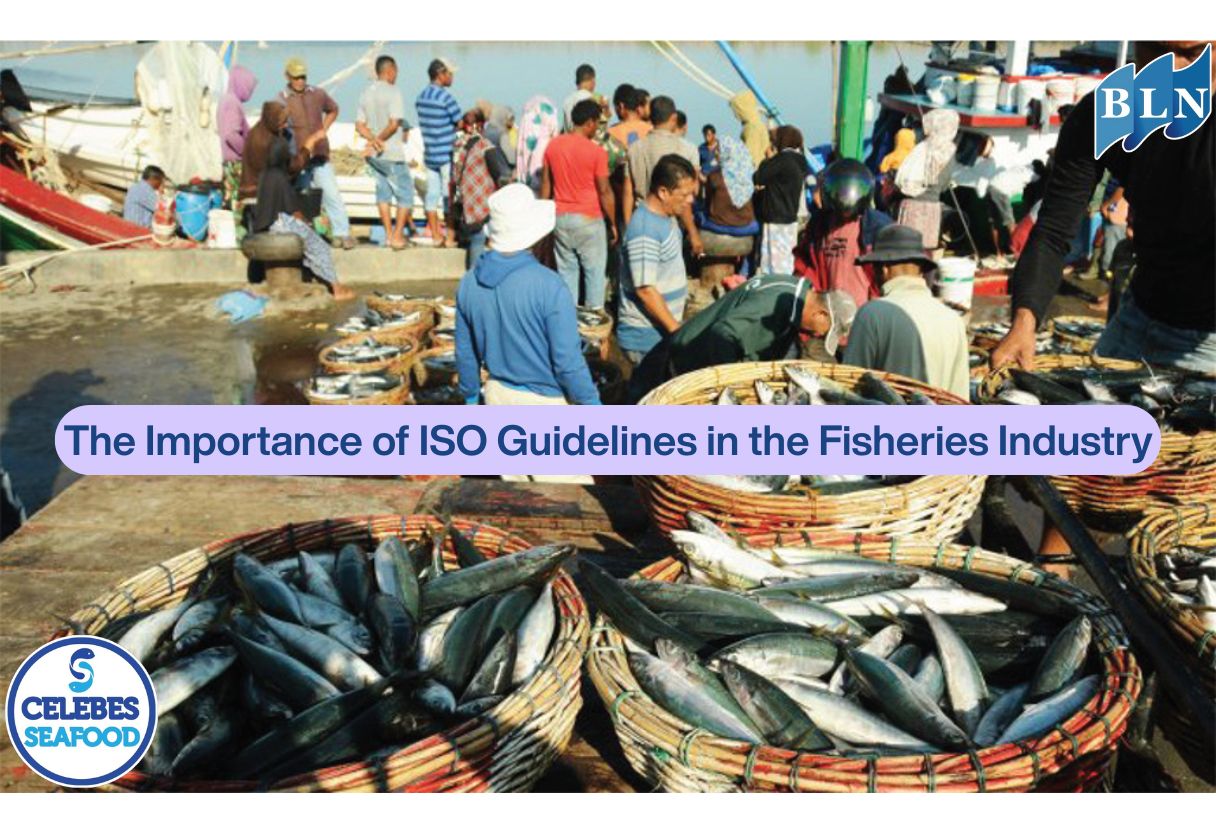Fascinating Facts About Shrimp: Small Crustaceans, Big Impact
By. Tri - 24 Jul 2025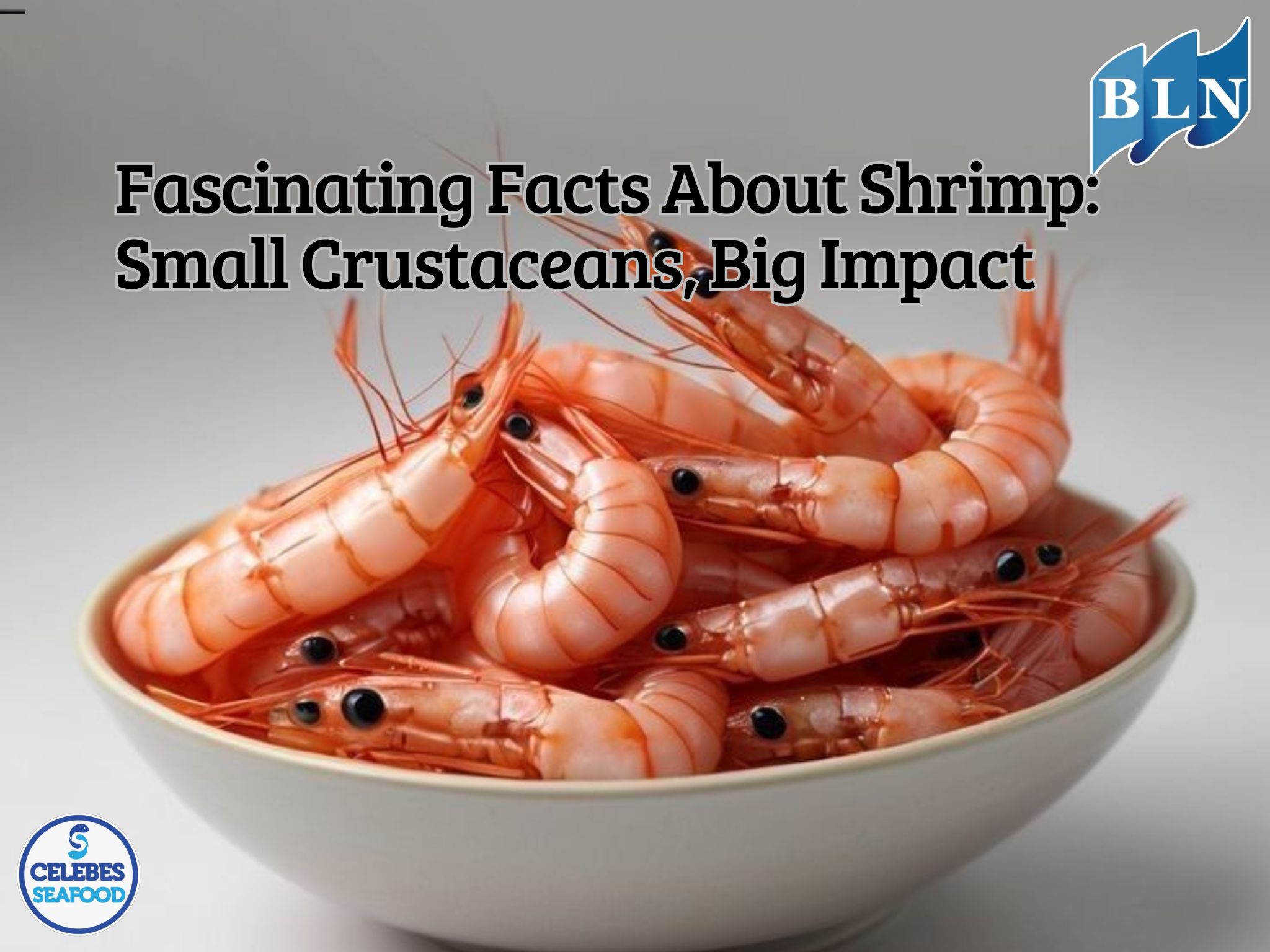
lautnusantara.com Shrimp, the small crustaceans we often find on our dinner plates, actually hold a wealth of fascinating facts that far exceed their size. From their ecological role in the oceans to their significant impact on the global economy, shrimp truly are "small crustaceans with a big impact." Let's dive into some intriguing facts about these remarkable aquatic creatures.
1. Astonishing Species Diversity
There are over 2,000 different species of shrimp worldwide, inhabiting diverse environments, from cold deep seas to warm freshwater rivers and estuaries. This variation results in a wide range of shapes, sizes, and colors, each with unique adaptations to its habitat. For example, the mantis shrimp, famous for its deadly "punch," or the cleaner shrimp, which removes parasites from other fish.
2. Vital Ecological Role
Despite their small size, shrimp play a crucial role in aquatic ecosystems. Many shrimp species act as natural scavengers, feeding on detritus and dead organisms, thereby helping to maintain the health of the seabed. They are also a vital link in the food web, serving as a primary food source for various larger marine animals, ranging from fish and seabirds to marine mammals. Without shrimp, the balance of marine ecosystems could be disrupted.
Read to : The Black Spot with White Flesh: Uncovering the Uniqueness of Grouper
3. Unique Survival Abilities
Shrimp possess several extraordinary adaptations for survival. One is their ability to molt. As they grow, shrimp shed their old, hard shells to allow their bodies to expand. This process makes them vulnerable but is essential for growth. Some shrimp also have the ability to mimicry or camouflage themselves with their surroundings to evade predators.
4. Environmental Sensitivity
Shrimp are highly sensitive to water quality. Changes in temperature, salinity, or pollution levels can significantly impact the health and survival of shrimp populations. This fact makes shrimp good indicators of aquatic environmental health. Declining wild shrimp populations often signal larger underlying environmental problems.
5. Massive Global Economic Impact
Economically, shrimp is one of the most valuable seafood commodities in the world. The shrimp fishing and aquaculture industry contributes billions of dollars annually and provides millions of jobs globally, especially in Asian countries like Indonesia, Thailand, and Vietnam. Whiteleg shrimp (Litopenaeus vannamei) and Giant Tiger Prawn (Penaeus monodon) are two of the most popular farmed species dominating the global market.
6. Rich Nutritional Source
Not only are they delicious, but shrimp are also an excellent source of nutrients. Shrimp are rich in high-quality protein, low in calories, and contain various essential vitamins and minerals such as selenium, vitamin B12, phosphorus, copper, and zinc. Additionally, shrimp also contain antioxidants like astaxanthin, which gives them their reddish color when cooked and offers health benefits.
From the deepest waters to our dinner plates, shrimp are a true testament to how small creatures can have such a big impact, both ecologically and economically.
If you are interested in our Coral Trout Fillet Skin On, CORAL TROUT WGG WHOLE GILLED GUTTED, TOMATO COD WHOLE GILLED GUTTED please do not hesitate to contact us through email and/or whatsapp.
